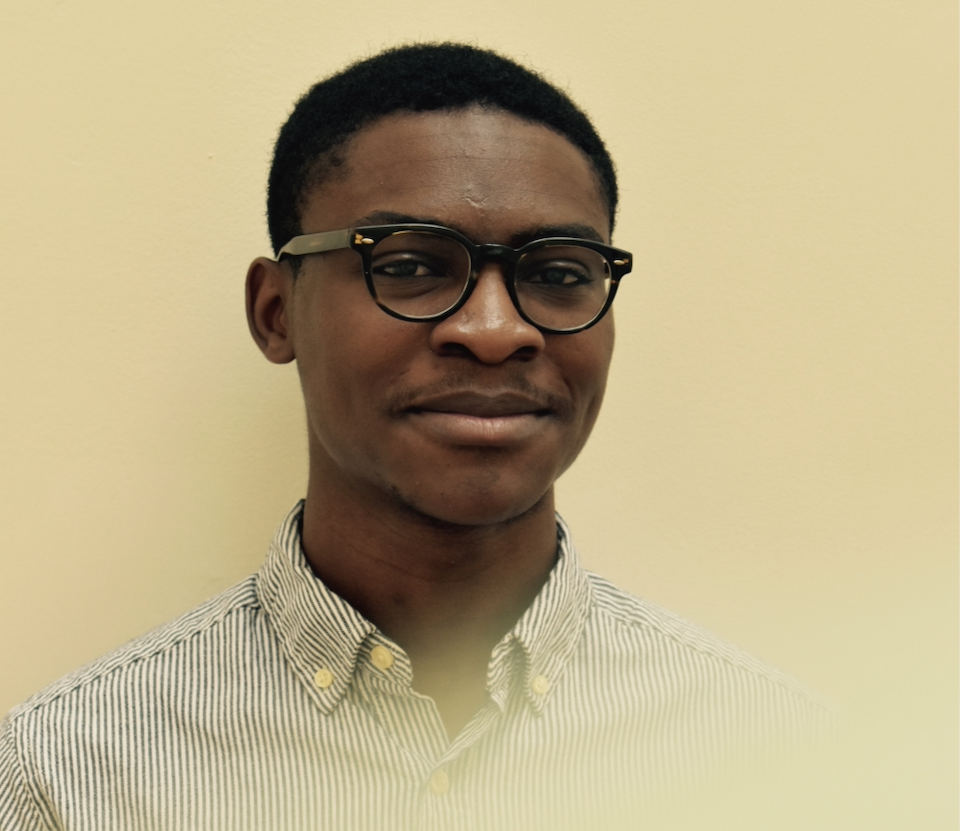

Daniel Alabi, a Postdoctoral Research Scientist at the Data Science Institute, is focused on solving problems in algorithmic statistics, machine learning and privacy. “Social science and computer science can learn from each other,” says Alabi. “I want to dedicate my research to computational social science — how do you make social science more accessible for computer scientists? How do you quantify social science problems and bottlenecks so that you can address them with a computational approach?”
Before his postdoctoral research at DSI with Daniel Hsu (Associate Professor of Computer Science), Alabi was active in the technology research community. As an undergraduate, he met Chris Wiggins (Associate Professor of Applied Mathematics and Systems Biology), at hackNY, a nonprofit that Wiggins co-founded to connect talented students to NYC startups. This led to Alabi becoming a DSI Research Scholar in Applied Mathematics alongside Wiggins and Eugene Wu (Associate Professor of Computer Science), and motivated him to pursue his Masters (2019) and PhD (2022) at Harvard.
During his graduate studies, Alabi began to discover the extent to which computation has imbued the social sciences, and how social scientists, especially economists, were challenged to leverage the opportunities of big data. “There is a gap in understanding,” Alabi explains. “The tools to analyze big data are not made for social scientists. The terminology is very different, and most computer scientists don’t have a social science background. There needs to be a bridge.”
At DSI, Alabi is currently working on a project with Hsu designed to help social scientists who are working in resource-constrained settings. “Many social scientists have limited computational capacity,” Alabi explains. “We’re working on developing algorithms that can function with limited resources – that can, for instance, perform statistical tasks with limited memory.”
With Wiggins, Alabi is exploring how to conduct privacy analysis on mixed data, such as research that requires mixing both large and small data sets. Alabi often uses data from Harvard’s Opportunity Insights Group (OIG), which focuses on using data to support economic mobility. “Specific questions about minority populations involve smaller data sets – and these are usually the people the OIG is focusing on.” A key question in his research is investigating if it is possible to provide rigorous guarantees of individual privacy in these types of mixed data sets.
Moving forward, Alabi is looking to collaborate with others – especially social scientists and subject matter experts. “I realized that to solve the important problems in society, collaboration is key,” Alabi says. “I want to continue to make contributions in this space.”